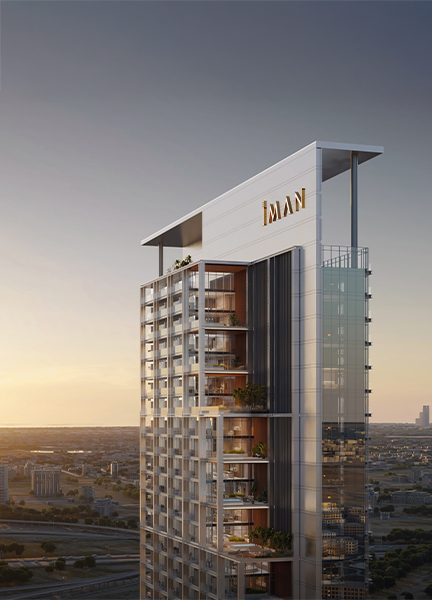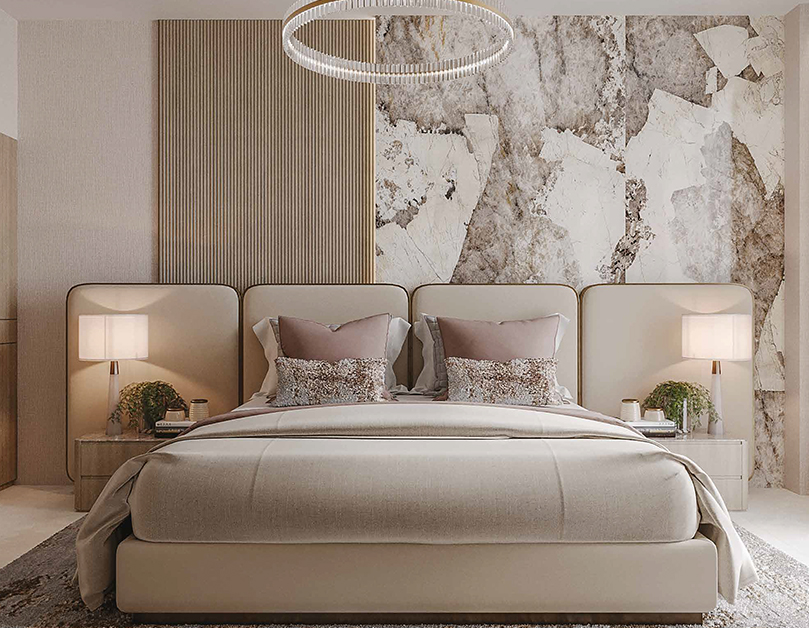


When investing in real estate, one of the key decisions you’ll face is choosing the type of property to buy. This usually boils down to selecting between a free-standing home or an apartment.
In this article, we’ll cover what to consider when comparing houses vs. apartments for investment, the pros and cons of investing in a house, the pros and cons of investing in an apartment
To simplify your decision, here’s what you need to keep in mind. Not only do you need to find the best investment loan, but you also need to determine which property type aligns with your investment goals.
Here’s what you should consider to make an informed choice.
When investing in real estate, it’s important to understand the balance between capital growth and rental yield.
Rental Yield: This is the annual profit you make from your investment property, expressed as a percentage of its value. High rental yields mean better cash flow, providing passive income you can live off. However, a high rental yield doesn’t always indicate a good investment. Properties with high rental yields may not experience capital growth and can come with increased risks, depending on factors like location, infrastructure, and the economy.
For instance, properties in mining towns often have very high rental yields. But investing in these areas can be risky since the local economy is heavily dependent on mining jobs.
Capital Growth: This refers to the increase in property value over time. Capital growth is crucial for building wealth through real estate investment. When your property appreciates in value, selling it results in a capital gain, which is the profit made from the sale. Keep in mind, though, that capital gains tax will apply.
Generally, houses tend to have better capital growth compared to apartments. This is because the land they occupy appreciates in value, while apartments, which typically have less land associated with them, don’t increase in value as quickly.
Why Location Matters?
In real estate investment, location does 80% of the work. An average house in a prime location will outperform a great house in an average location.
What Makes a Location Great?
Key factors include proximity to the central business district (CBD) or the beach, as well as access to lifestyle amenities like public transport, shopping centers, schools, restaurants, and parks. These are all features that tenants look for.
High Demand and Limited Supply
Look for areas with high demand and limited new properties. This will increase competition for your property, potentially boosting rental income and capital growth.
Tenant Attraction
Consider the range of tenants your property will attract. For instance, buying in a small regional town means a smaller pool of potential tenants. In contrast, a property near a CBD and lifestyle amenities will attract a larger, more diverse tenant pool.
Researching Your Investment
If you’ve found a potential investment property, download a free property report to get a quick overview of important information about the area. This will help you make an informed decision.
When choosing an investment property, it’s essential to consider current market conditions and trends in the housing and apartment sectors. For example, buying an apartment in an oversaturated market might allow you to negotiate a lower price, but it could be challenging to attract tenants if there’s an abundance of available units.
Similarly, purchasing an older house in an area where many new homes are being built could make it harder to find tenants, as they may prefer the newer properties.
Detached homes can be an excellent option for investors looking for a long-term commitment. Investors often buy these properties to renovate them or hold onto them until their value increases significantly, allowing for a profitable future sale. However, this strategy requires patience, as it can take upwards of 10 years for the property to experience substantial capital growth.
Houses typically offer greater long-term capital growth compared to apartments, primarily because the value of land tends to appreciate over time. However, there are exceptions; for instance, land in a remote area like Alice Springs may not increase in value as much as a one-bedroom apartment in a prime location like Bondi. This underscores the importance of considering location when choosing an investment property.
Houses provide much more control over renovations than apartments, as you don’t need body corporate approval. You can also consider subdividing or building an extension, subject to council approval. Renovations can significantly increase the property’s value.
Houses often attract tenants such as families and couples, who tend to be more reliable and stay for longer periods. Additionally, tenants with pets generally prefer houses due to the yard space and more flexible lease terms. Research indicates that renters with pets tend to have longer tenancies, likely because finding pet-friendly rental housing can be challenging.
Houses are usually more expensive than apartments in the same area due to the value of the land.
Lower Rental Yield
While houses typically offer higher capital growth, they generally have lower rental yields compared to apartments. If your priority is rental income for cash flow rather than capital growth, this is an important factor to consider.
Maintenance and Upkeep Costs
Owning a house means you’re responsible for all maintenance and upkeep expenses, including insurance premiums if you choose to take them out. Additionally, you’ll need to cover the costs of building and pest inspections before purchasing the property to ensure there are no hidden issues.
Investing in apartments offers several advantages worth considering. Firstly, apartments are generally more affordable than detached homes, making them an excellent choice for new investors or those looking to diversify their real estate portfolio in a specific area.
Apartments, such as those in Arjan or Jumeirah Village Circle (JVC), are typically located in densely populated metropolitan areas. These areas focus on securing a steady rental yield rather than solely aiming for long-term capital growth. This makes them attractive for investors seeking consistent income. Apartments in Arjan and JVC are particularly popular due to their strategic locations and modern amenities, which appeal to a broad range of tenants.
Affordability
Apartments are generally more affordable than houses, making them an excellent entry point for first-time investors or those with a smaller budget. If you’re aiming to buy property near the city, apartments offer a more budget-friendly option compared to houses in the same area.
Shared Maintenance Costs
Unlike houses, the maintenance, insurance, and upkeep costs for apartments are shared among all the owners through a strata title. A body corporate manages and maintains the common areas, charging body corporate fees to cover these expenses. However, you’ll still need to pay for your own contents insurance, council rates, individual apartment repairs, and utilities.
Easier Management
Apartments usually have no land, which means less work for you. Tasks like mowing the lawn or repainting the gutters are eliminated. Additionally, the smaller size of apartments makes them easier and quicker to clean.
Lower Land Value
Since apartments typically don’t include much land, they don’t offer the same potential for capital growth as houses. This means you may not see as much profit when selling an apartment compared to a house over the same period. However, various factors, such as property market trends, can influence this outcome.
High Body Corporate Fees
Body corporate fees can be quite high, especially in newer apartment buildings with amenities like pools, gyms, and rooftop spaces. Older buildings with fewer amenities and no elevators generally have lower body corporate fees, which is an important consideration.
Limited Control Over Alterations
Living in an apartment means adhering to the rules of the body corporate, so any major renovations may require approval. Additionally, since there is no land, you can’t add extensions as you could with a house.
Increasing Supply
The continuous construction of new apartments can lead to oversupply in certain areas. This can result in lower rental yields, reduced capital growth, and less demand from potential tenants, as they have a wider selection of apartments to choose from.
Investing in real estate, whether it be houses or apartments, comes with its own set of advantages and challenges. Houses typically offer greater long-term value appreciation and more control over renovations, making them ideal for investors looking for substantial capital growth. However, they come with higher purchase prices and maintenance costs.
On the other hand, apartments are more affordable and easier to manage, with shared maintenance costs and the potential for consistent rental yields. Yet, they may offer lower capital growth and come with high body corporate fees and less control over alterations.
Ultimately, the choice between investing in a house or an apartment depends on your financial goals, budget, and investment strategy. By carefully considering the pros and cons of each option, you can make an informed decision that aligns with your long-term objectives and risk tolerance.